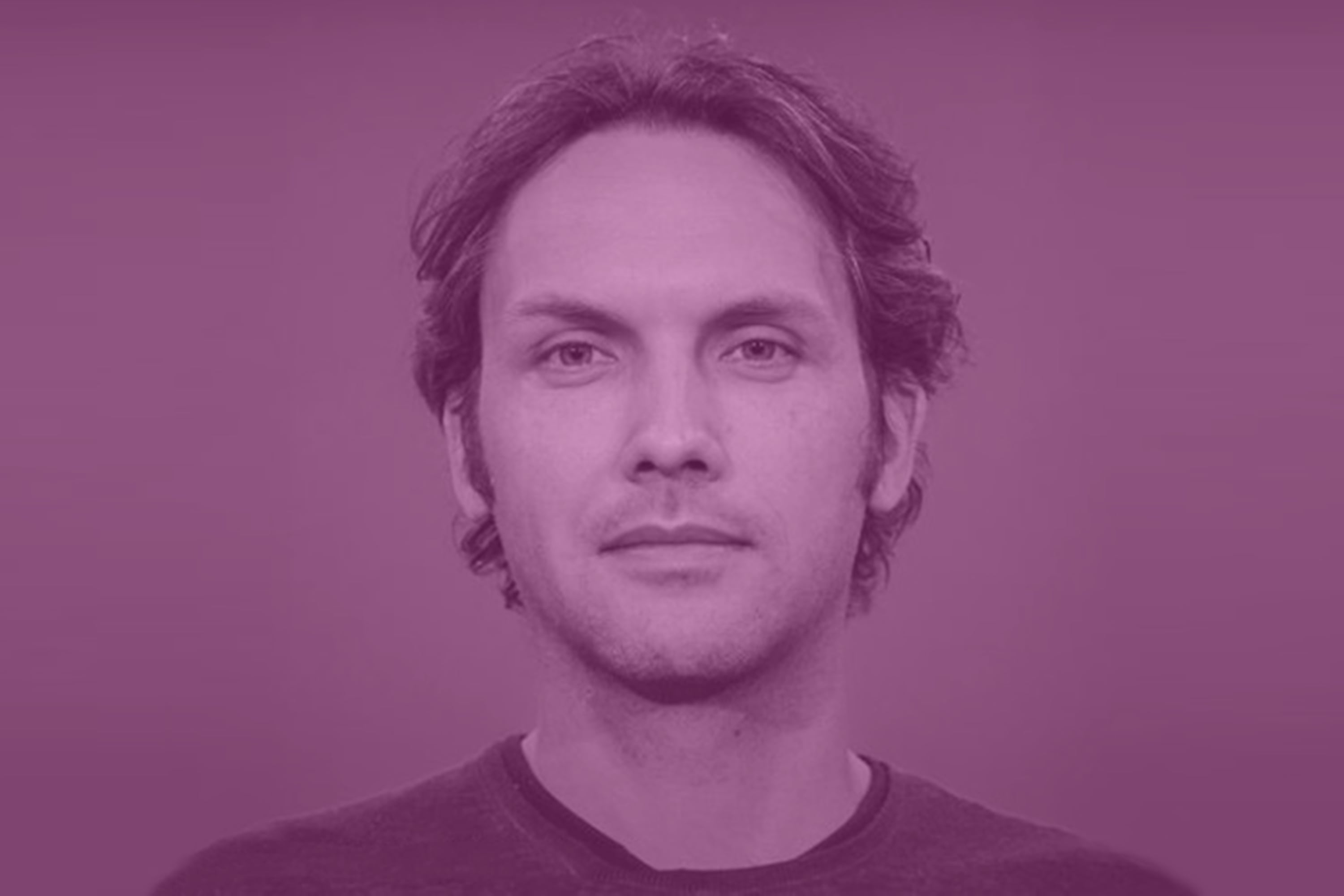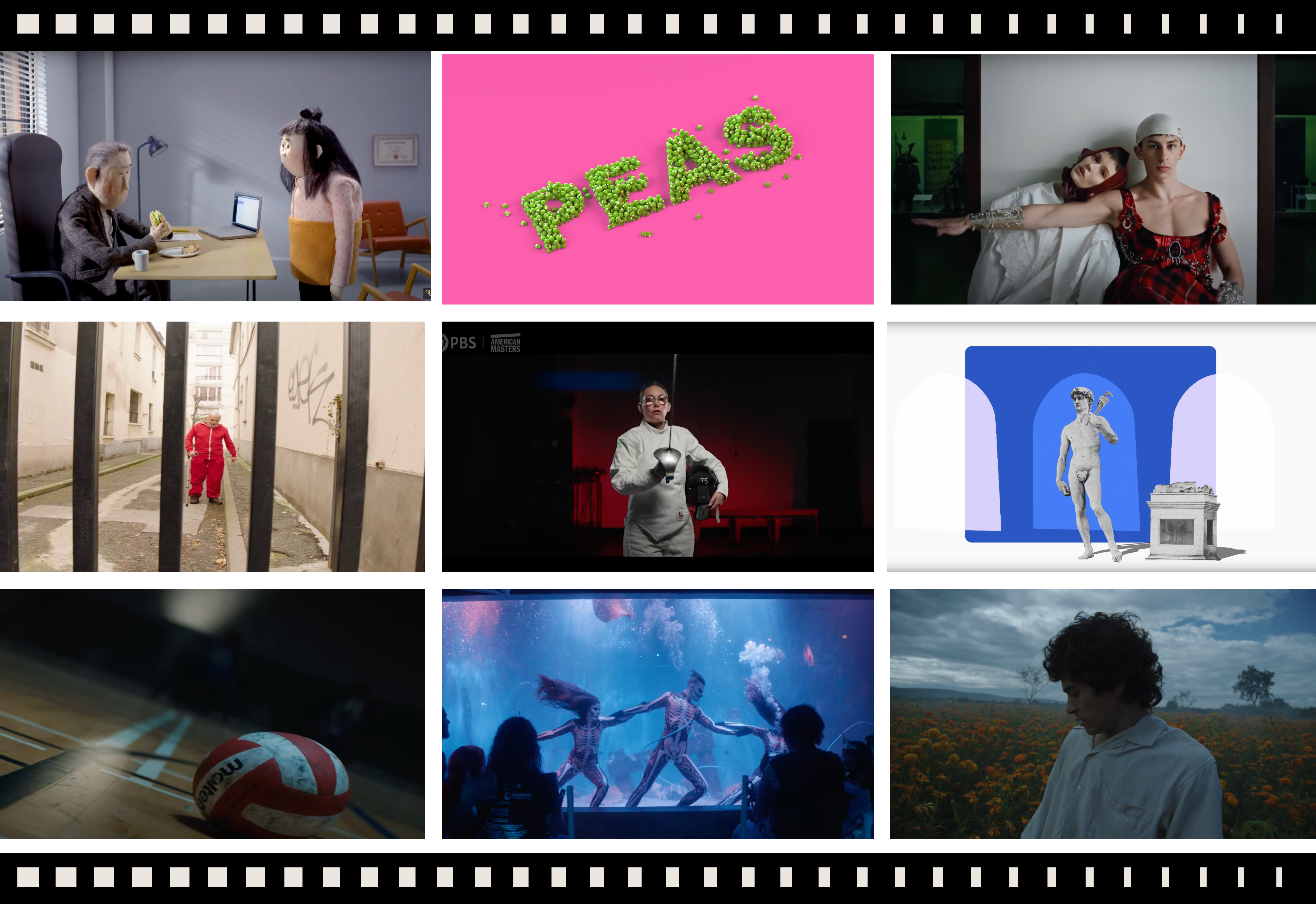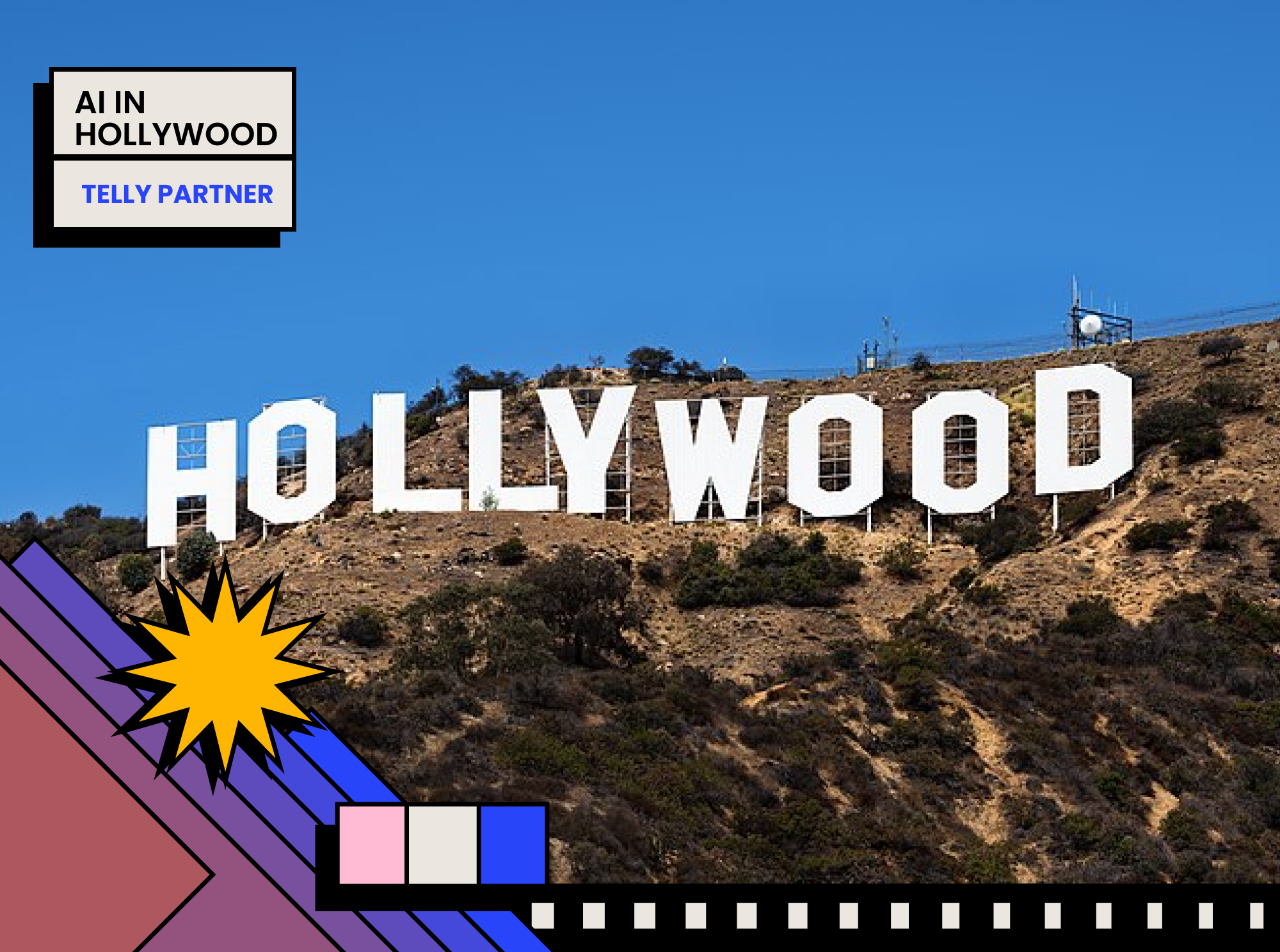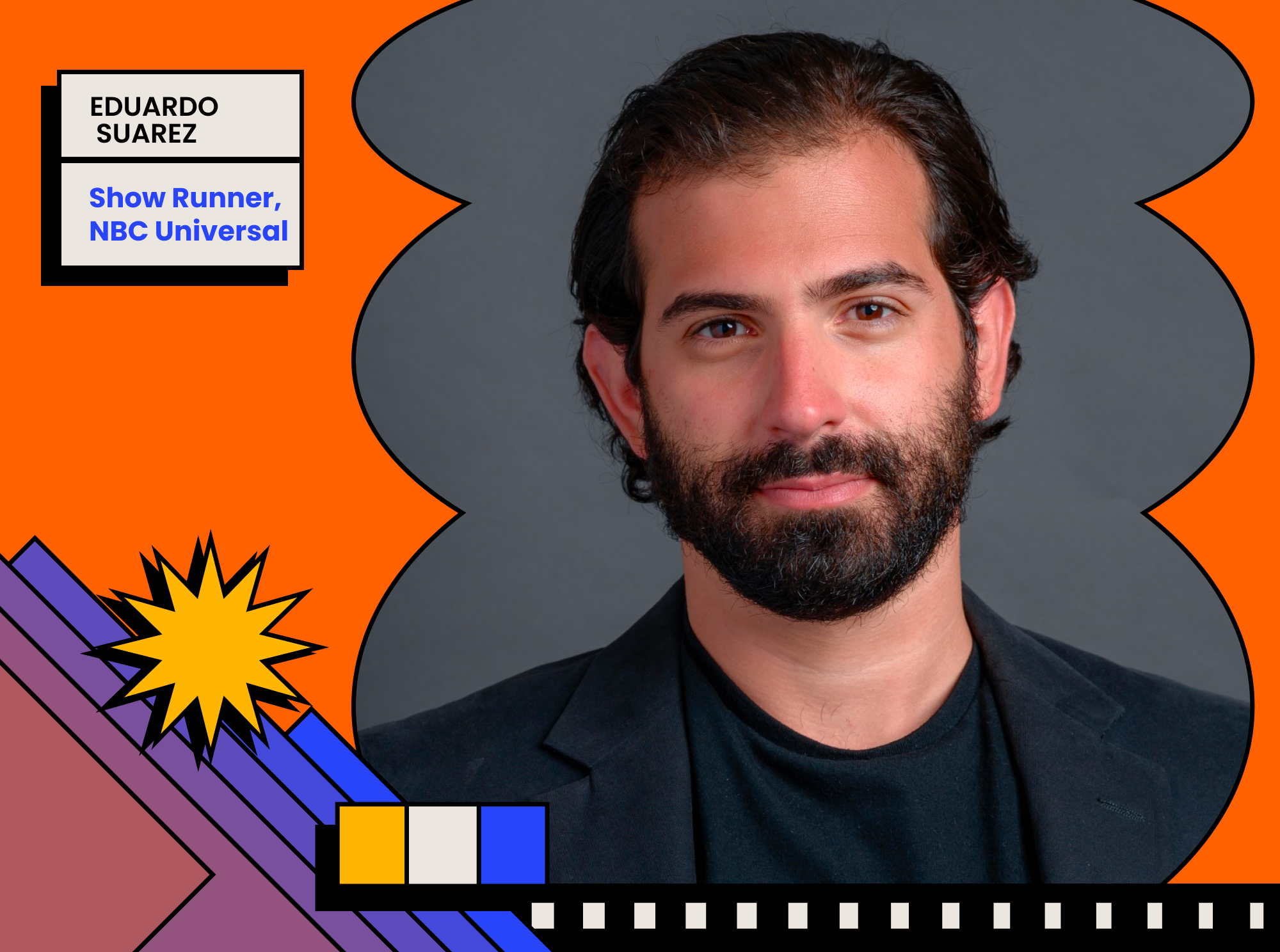Martin de Ronde started working in the games industry over 20 years ago as a PR manager and later as development manager in publishing. After this, he wanted to see what life was like on the other side of the game industry fence and founded his own development studio in 1998, which he sold to multimedia conglomerate Lost Boys a year later. Here, Martin became co-founder and managing director of Lost Boys games, the company’s newly set up games division. Lost Boys games went independent in 2001 and was renamed Guerrilla Games when sold to cross media company Media Republic in 2003. Guerrilla Games grew into one of Europe’s largest independent developers. Martin was commercial director, witnessing the birth of PlayStation 2 hit Killzone for Sony Computer Entertainment and PlayStation 2, PC and Xbox hit Shellshock: Nam 67 for Eidos. Just before the studio was sold to Sony. After this, Martin founded Vanguard Games, delivering 2 games based on the world famous Halo franchise. Vanguard Games merged into Force Field in 2015, a company focused on AAA VR and AR. Over the past 6 years, Force Field has grown into a 65 man studio, delivering over 15 VR games and experiences for a wide variety of different VR platforms, most notably Oculus Quest.
How did your creative process change given all of the unexpected turns of the last year?
Interestingly enough, it didn’t change that much in the short term. We had just wrapped up the first part of a two stage demo/proof of concept for a new project, just before the lock down kicked in and we all had to start working remotely. The second part was delivered during lockdown and in terms of quality and creativity, the second part was as good if not better in certain departments without more time and budget needed. So you could argue that our process didn’t have to change that much to cope with the unexpected turns. And in some case, thanks to tools like Miro, a digital whiteboard for creative ideas, our creative processes were even better than before, the era of physical whiteboards and markers and post-its.
Force Field has a motto of including an element of something that has never been done before in all of your work, how do you think that impacts the work that you make?
We like to think that it has a positive impact on the overall quality of whatever you are making, as it helps foster a certain drive. If you are working on a demo, no matter how small and simple in terms of scope, and you know that it’s going to be revealed during a keynote as part of a new hardware reveal, as a world’s first, that makes it extra special. Working with unannounced unreleased hardware is frustrating sometimes, as the goal posts keep changing, but it’s magical at the same time. That helps foster a drive to turn that assignment into something special and that’s why we think it’s so important that there’s always something unique associated with our products. And it’s not just linked to new hardware. We have worked on games and experiences where we were doing something that had never been tried before in software. Again, somewhat frustrating when you are looking for reference titles or examples, but captivating at the same time because you are exploring uncharted territory and you know that you are one of the few studios in the world dealing with that subject matter. That makes the product that extra bit special and creates a drive to give it your best shot.
What was the biggest hurdle you faced and what surprised you about creating during a lockdown?
As I said before, the biggest surprise was probably the relative smoothness with which we were able to transition. And credits here should go to both operational management, who did a stellar job of facilitating this new ‘normal’. But also to all our team members, whose flexibility and adaptability were instrumental in making this work. And then for them to deliver the same output as before, was amazing.
What do you think is the secret to having a successful creative team?
Force Field is unique in the sense that it is a creative work for hire studio. We don’t carry out work as an assignment, we are given a goal or high level objective by our partners and then pitch a creative solution to achieve that goal. That means we need to be creative but also are bound by predefined deadlines and milestones and strict budgets. That is different from an indie studio is laser focused on an internal idea they are committed to. That also means a different creative approach.
The secret to being successful with such a company is to find a balance between those two worlds: the operational excellence (Force Field has never missed a milestone and always delivered on time and to budget) and creative freedom. It is also a result of finding a balance of creative ownership between company management and the team. This has been an on-going process and interestingly enough, it has been accelerated by the pandemic, as letting go was mandatory for everyone. So two of our most recent projects see an even more balanced division and I’d like to think they will again be better products than anything that has gone before, in terms of creativity.
What do you Telly wins mean to you?
These awards mean a lot, because they are all about recognition. Given the fact that we operate in a market that witnessed a lot of hype in 2015/2016 and then went through the classic trough of disillusionment, VR and AR haven’t been up there with other digital platforms in terms of limelight. It’s changing rapidly and the market is growing fast, but when you release a game or experience and sometimes only a handful of people experience because only a handful people have access to the hardware, it’s all the more important to see recognition coming back through any channels. It’s motivating for the team to read glowing user reviews, but it’s just as important to be recognized for the amazing work that they are creating.





